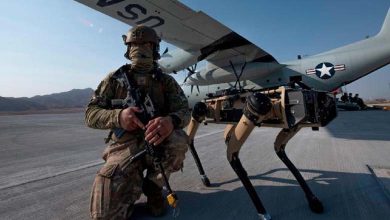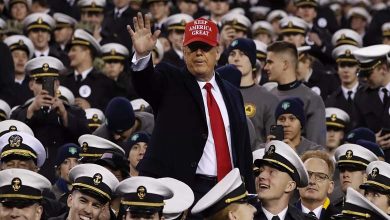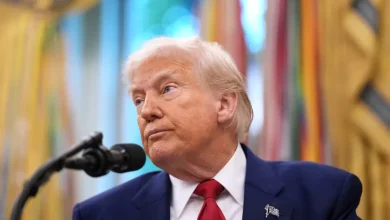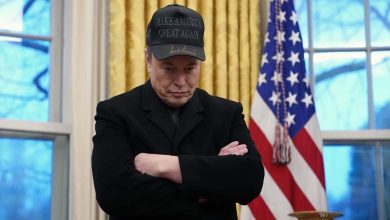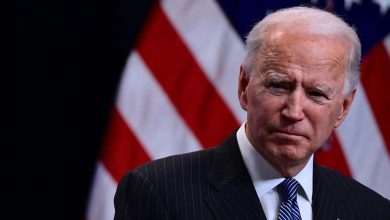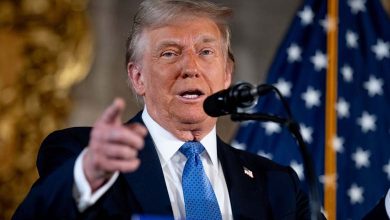Biden’s envoy: US administration is taking its time about the nuclear deal
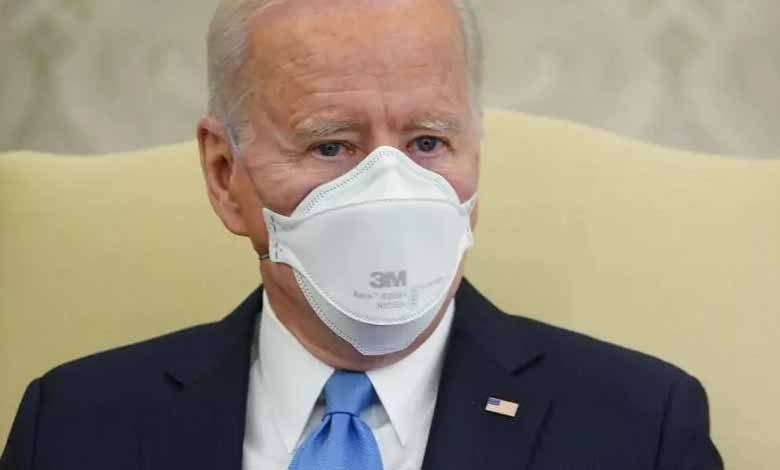
A US envoy declared that the US President Joe Biden’s administration would not hurry to renew the abandoned 2015 nuclear agreement with Iran before the latter’s June elections that are extensively predictable to show an increase of a more rigid president in Tehran.
In this context, Rob Malley, the State Department’s Iran envoy, informed Axios in an interview released on Wednesday: We don’t intend to base the pace of our discussions on the Iranian elections – the pace will be determined by how far we can get, consistent with defending US national security interests. He also said: In other words, we won’t rush or slow things because of the Iranian elections.
In fact, Washington and Tehran are in conflict about reviving nuclear discussions. Since starting his functions in January, Biden has taken some actions that are seen as extending an olive branch to Iran, to revive discussions about the nuclear deal that has undone since his predecessor Donald Trump removed the US from the deal in 2018.
Furthermore, Biden upturned Trump’s purpose that all UN sanctions against Iran had been reestablished and the State Department relieved severe restrictions on the domestic travel of Iranian diplomats in New York. Nevertheless, Tehran urged that all Trump-era sanctions on Iran be lifted before taking any real action to return to the agreement.
The Iranian regime is seeking to get more concessions from Washington before taking any real measure, particularly with the rise of pressure inside because of the deteriorated economic situation due to the US sanctions.
According to Sanam Vakil, Senior Research Fellow at Middle East and North Africa Program, Chatham House, Tehran urgently needs sanctions relief… Iran also holds its presidential elections in June 2021 and, for the outgoing Rouhani administration, securing a quick return to the deal would build back lost economic and political confidence, and perhaps also impacts the election outcome.
Yet, the transition to a more rigid president in Iran from the current President Hassan Rouhani, who risked by his heritage on the 2015 nuclear deal, is not probably to change Tehran’s stance on discussions with Washington. Iran’s nuclear policy is decided by the country’s top authority, supreme leader Ayatollah Ali Khamenei, and not the president or the government.



